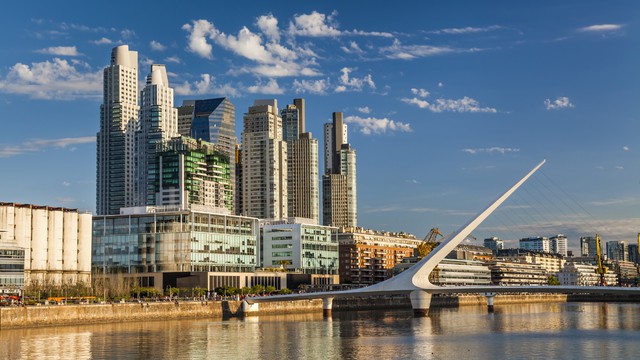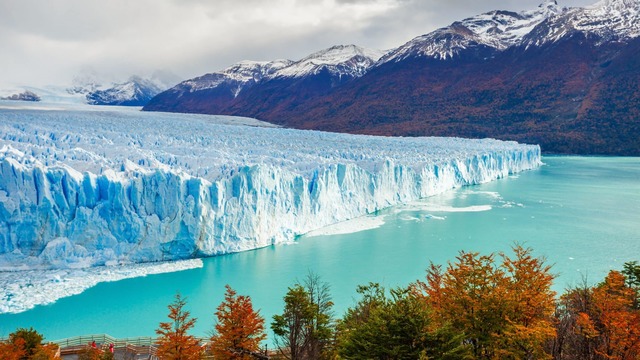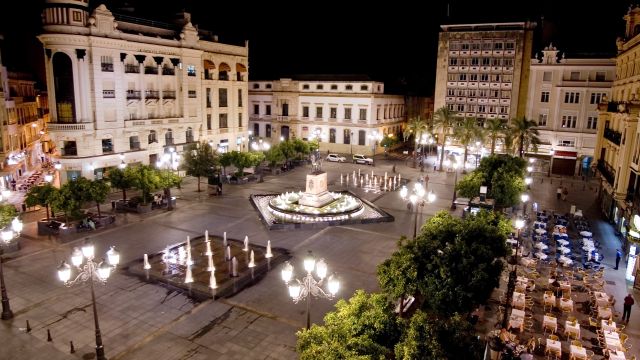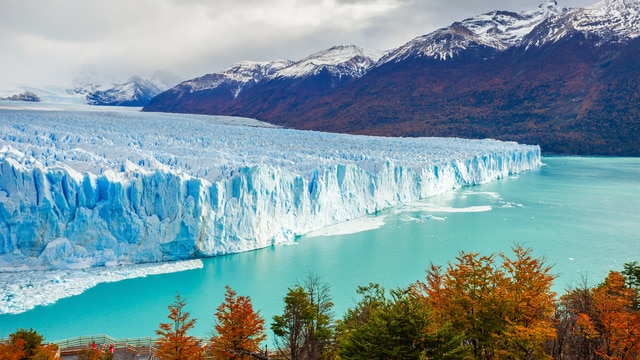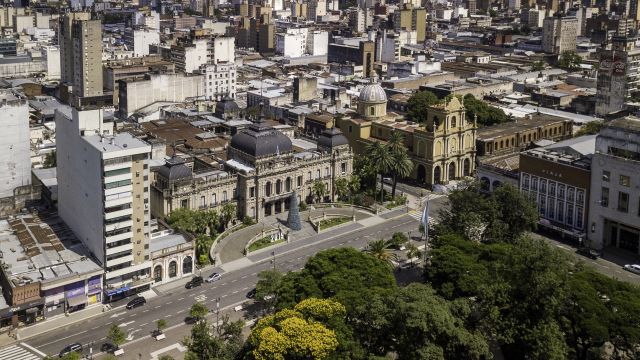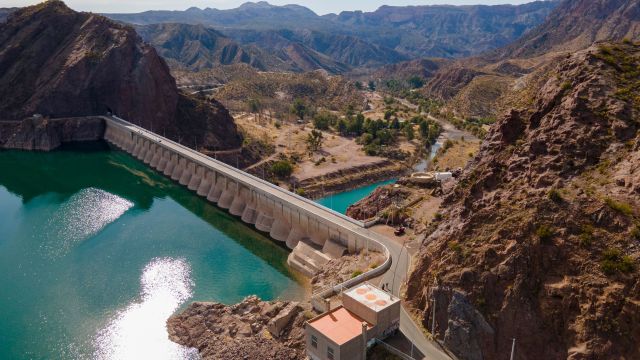What’s the climate like in Buenos Aires?
The current climate in Buenos Aires features temperatures ranging from a high of 31°C to a low of 15°C throughout the year. The average yearly temperature is around 23°C. At night, temperatures in the colder months average around 5°C and in the warmer months around 19°C.
The highest temperature recorded in Buenos Aires in recent years was 46°C in January 2022. The lowest daytime temperature recorded was 0°C in January 2018.
On average, Buenos Aires receives 642 mm of precipitation each year. For comparison, New York gets 1142 mm of precipitation annually.
Curious about the weather in other parts of Argentina? Check out the climate and weather for spots like Patagonia, Ushuaia, Mendoza, or explore other destinations in Argentina.
Best time to visit Buenos Aires?
The best time to visit Buenos Aires for sunny weather is January through May and September through December. During this period, you'll have nice temperatures and not too much rain, making it a great time to visit Buenos Aires. In the other months of the year, there's too much rain or the temperature isn't ideal for a visit if you want sunny and pleasant weather.
Climate Table of Buenos Aires
The climate table of Buenos Aires shows the average temperatures, rainfall, and UV index per month. The table provides an overview of the average day and night temperatures in degrees Celsius, the total amount of rainfall in millimeters, the total snowfall in centimeters, and the UV index for each month. Rainfall is always measured as water, even if it's snow or hail.
| Jan | Feb | Mar | Apr | May | Jun | Jul | Aug | Sep | Oct | Nov | Dec | |
|---|---|---|---|---|---|---|---|---|---|---|---|---|
| Temp. max (°C) | 31 | 29 | 27 | 23 | 18 | 15 | 15 | 17 | 19 | 22 | 27 | 31 |
| Temp. min (°C) | 19 | 20 | 15 | 12 | 8 | 6 | 6 | 7 | 10 | 10 | 14 | 17 |
| Precipitation | ||||||||||||
| Precipitation (mm) | 40 | 106 | 60 | 59 | 33 | 33 | 35 | 37 | 68 | 61 | 63 | 47 |
| UV Index | 9 | 9 | 8 | 6 | 4 | 4 | 3 | 4 | 6 | 8 | 8 | 9 |
Click on the month name to see more weather details, like daily averages, temperatures, and precipitation for the past years in that month.
- Average yearly temperature: 23°C
- Highest temperature: 31°C in January and December
- Lowest temperature: 15°C in June and July
- Precipitation: 642 mm per year, averaging 54 mm per month
- Driest months: 33 mm in May, June and 35 mm in July
- Wettest months: 106 mm in February, 68 mm in September and 63 mm in November
Weather experiences in Buenos Aires
It was quite warm, but the humidity was bearable. Yes, the h... more
October in Buenos Aires was surprisingly mild, with sunny da... more
Table of Contents
Average Temperature per Month in Buenos Aires
This graph shows the average maximum temperatures per month in Buenos Aires, Argentina. The temperatures are shown in degrees Celsius and the average is calculated based on the recorded temperatures per month from past years.
Average Precipitation per Month in Buenos Aires
This graph shows how much rainfall Buenos Aires, Argentina, gets on average per month. Rainfall is always measured as water, even if it's snow or hail. This makes it easy to compare how much has fallen, regardless of the form of precipitation. The amount of rainfall is measured in millimeters, and the average is calculated based on the recorded rainfall per month from past years.
Average UV Index per Month in Buenos Aires
This graph shows the average UV index per month in Buenos Aires, Argentina. The UV index indicates the intensity of ultraviolet radiation and ranges from 0 to a maximum of 11.
Yearly Temperature in Buenos Aires
This graph shows the average yearly temperature in Buenos Aires, Argentina. The yearly temperature, expressed in degrees Celsius, is the average of all twelve monthly temperatures summed up for that year.
Total Yearly Precipitation in Buenos Aires
This chart shows the total yearly precipitation in Buenos Aires, Argentina, over the past few years. The total yearly precipitation, measured in millimeters, is the sum of all the rain that fell in the twelve months of that year.
Weather experiences in Buenos Aires
The weather in Buenos Aires is rated an average of 4 out of 5 stars by 3 visitors. Have you been to Buenos Aires? Share your weather experience to help other visitors.
Write your own reviewIt was quite warm, but the humidity was bearable. Yes, the heat was scorching, but the cloudless sky was the perfect backdrop for outdoor adventures.— This text is automatically translated to English
October in Buenos Aires was surprisingly mild, with sunny days and little rain. The temperature was pleasant for walks and a leisurely lunch outside. The strong winds made it a bit chilly at times.— This text is automatically translated to English
February in Buenos Aires was warm and sunny, ideal for active recreation. There were a few rainy days, but overall it was pleasant. Just be sure to use good sunscreen: the sun is very strong!— This text is automatically translated to English
Have you been to Buenos Aires?
Share your weather experiences in Buenos Aires.
Average weather in Buenos Aires by month
Click on a month below to see detailed weather info for Buenos Aires. Based on historical weather data, you can see the average temperature, precipitation, wind, and UV index for each day of the month.
Popular destinations in Argentina
Discover the climate of these popular destinations in Argentina.
